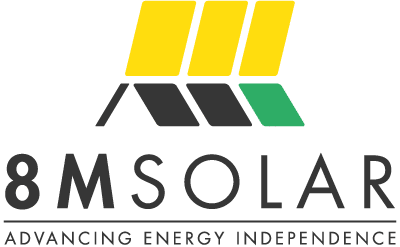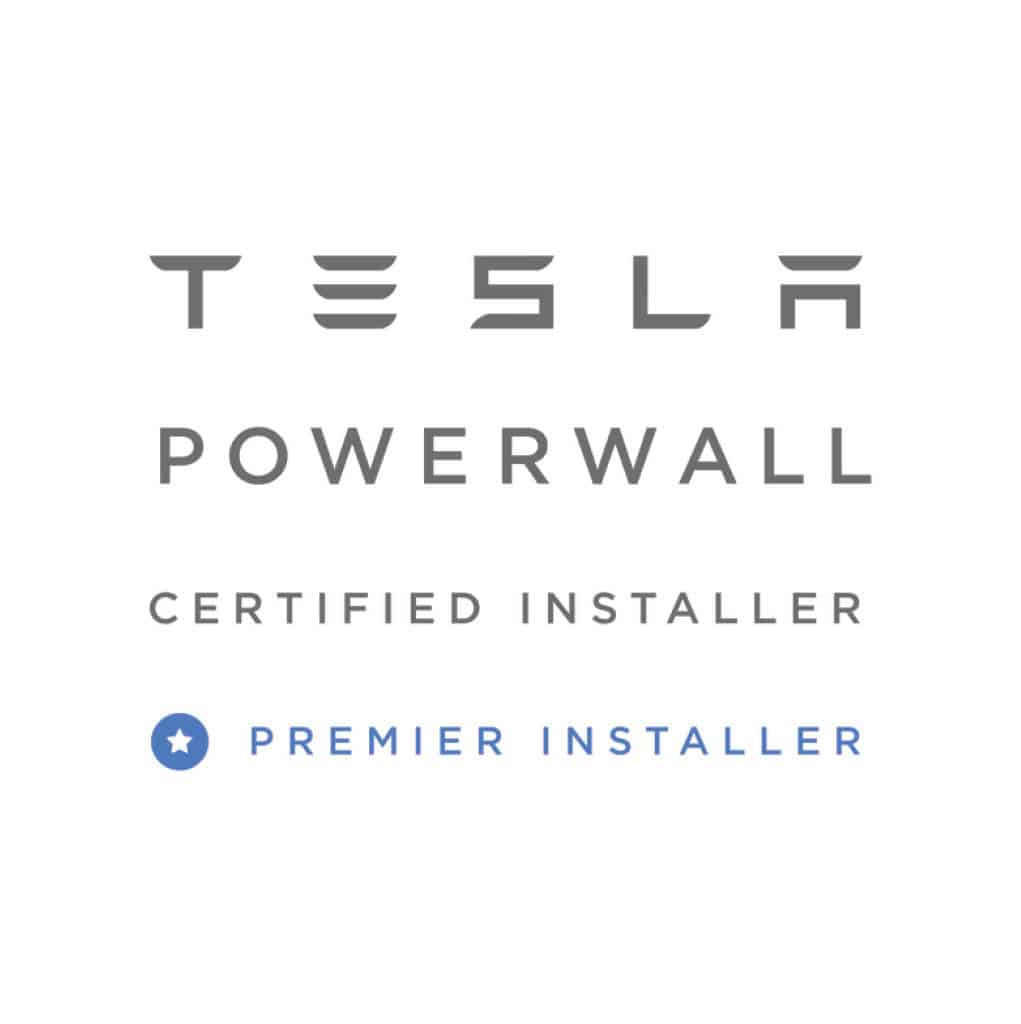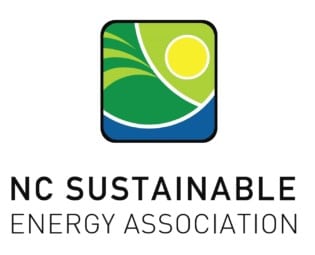
Net metering policies and regulations are constantly evolving across states, regions, and utilities, with periodic changes that can affect solar energy users. Some utilities may not offer net metering at all, while others may have specific terms and conditions that can influence how customers interact with the grid. For example, in North Carolina, Duke Energy’s net metering program underwent adjustments starting in 2023, potentially impacting how solar users are credited for excess energy sent back to the grid. As net metering policies continue to evolve, it’s important for solar customers to stay up to date on the latest regulations. This ensures that they understand how changes might affect their energy savings and their overall investment in solar power in 2024 and beyond.
What is Net Metering?
Net metering is a system that allows solar panel owners to connect their photovoltaic (PV) systems to the public grid. With net metering, when a solar system generates more electricity than needed to power the individual home or facility, the excess solar energy is sent back to the grid, and the owner is credited for the energy they’ve contributed. If the home or facility requires more energy than what the solar panels generate, energy is drawn from the grid, and the owner is charged for the additional electricity needed. At the end of the billing cycle—whether it’s monthly or yearly—the solar customer is billed for their “net” electricity usage, which is the difference between what they consumed from the grid and what they sent back. This credit system helps solar owners offset their energy costs, making solar a more economical choice.
As net metering policies continue to change, it’s essential for homeowners and businesses with solar systems to keep an eye on how these regulations may affect their energy savings and solar investments. Understanding these shifts will ensure that solar customers maximize the benefits of their systems and stay informed on potential changes in their electricity billing structure.
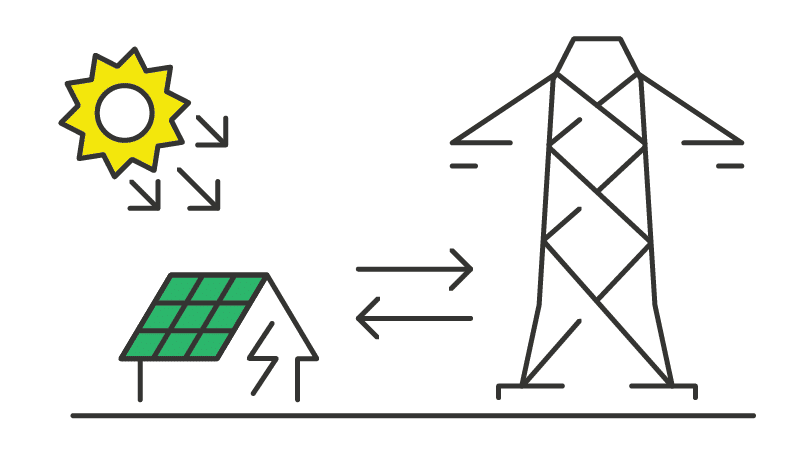
In North Carolina, Duke Energy has recently signed an agreement with the North Carolina Sustainable Energy Association (NCSEA), the Solar Energy Industries Association (SEIA), Sunrun, and the Southern Environmental Law Center (SELC) to update its net metering regulations. These policies are designed to provide greater savings for photovoltaic (PV) system owners, enabling them to save more on their energy costs each month and year.
In this blog, we’ll break down the new net metering policies, explain how they will impact PV system owners, and highlight the benefits homeowners and business owners can gain by switching to solar energy under these updated regulations.
New Net Metering Regulations in North Carolina
In 2023, North Carolina revised its net metering policies to better align with those in neighboring South Carolina. Duke Energy, in collaboration with the NCSEA, SEIA, Sunrun, and SELC, reached an agreement to make adjustments to the state’s net metering framework. This agreement was approved by the North Carolina Utilities Commission and went into effect on January 1, 2023.
Under the new policy, solar customers now have more flexible options to optimize their energy savings:
- Time of Use (TOU) Rate Option: Solar customers can opt for a “time of use” rate, which allows them to earn higher credits for energy sent to the grid during peak demand periods. While they will pay higher rates for energy consumption during those times, the potential for higher credits offers a unique opportunity for greater savings if energy production coincides with peak usage.
- Bridge Rate Option: For those who prefer more predictable savings, a “bridge rate” is available. This option provides a one-to-one exchange for energy sent to and drawn from the grid, meaning customers will receive equal credits for excess energy fed back into the grid and pay the same rate for energy used. This option is available until 2027, offering stability and simplicity for homeowners and businesses during the transition period.
The Financial Benefits of Solar Under the New Net Metering Policies
These changes to net metering policies are a step toward making solar energy more financially possible for homeowners and business owners in North Carolina. By adopting solar, individuals can benefit in several ways:
- Increased Savings: The updated rates, especially the TOU rate, encourage homeowners to use solar energy during peak hours when energy prices are highest, thus lowering their overall utility bills. By sending excess energy to the grid during these times, PV owners can maximize the credits they receive, ultimately reducing their energy expenses.
- Incentives and Financial Support: The policy changes come with enhanced financial incentives that make it easier for homeowners and businesses to make the switch to solar energy. With the backing of organizations like the NCSEA, SEIA, and others, these changes aim to make renewable energy more affordable and accessible for a wider range of people.
- Better ROI on Solar Systems: The new net metering options enhance the return on investment (ROI) for solar system owners, as they can maximize their energy savings over time. Whether they choose the TOU rate or the bridge rate, the financial benefits of switching to solar have become more compelling than ever.
Why Switch to Solar Now?
With these updated net metering policies, there has never been a better time for North Carolina homeowners and business owners to make the switch to solar energy. The new regulations make it easier to save money on your monthly energy bills while also helping to promote a cleaner, greener energy future. By taking advantage of the new time of use and bridge rate options, customers can tailor their solar energy experience to maximize savings and ensure long-term financial benefits.
Homeowners and businesses can continue to benefit from federal incentives such as the 30% federal tax credit, which further reduces the cost of installing a solar system. This combination of state and federal incentives, along with the flexibility in the new net metering policy, offers a unique opportunity to reduce energy costs and secure a sustainable future.
North Carolina’s updated net metering regulations open the door to greater savings and more incentives for those looking to adopt solar energy. Whether you’re a homeowner looking to cut energy costs or a business owner aiming to reduce your carbon footprint and utility bills, solar is a smart investment that pays off financially and environmentally.
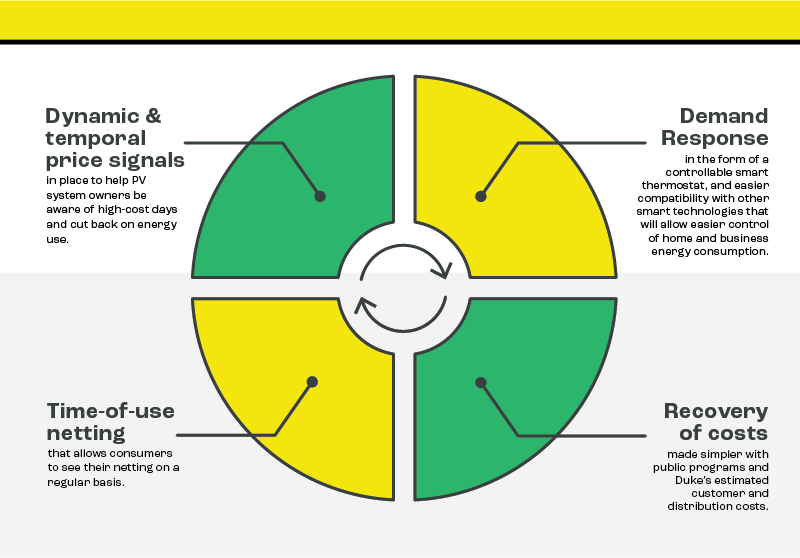
Key elements of the new settlement agreement include:
- Dynamic and temporal price signals in place to help PV system owners be aware of high-cost days and cut back on energy use.
- Demand response in the form of a controllable smart thermostat, and easier compatibility with other smart technologies that will allow easier control of home and business energy consumption.
- Time-of-use netting that allows consumers to see their netting on a regular basis.
- Recovery of costs that are made simpler with public programs and Duke Energy’s estimated customer and distribution costs.
The new agreement will also provide net metering regulatory certainty for all rooftop solar adopters and installers in the next decade. The agreement offers future solar net metering customers significant up-front savings including a direct rebate, new pricing signals for incorporating EVs and batteries, and a higher capability to incorporate innovative technologies with solar such as smart thermostats, battery storage, and more. The new agreement also preserves electricity bill savings for current net metering customers.
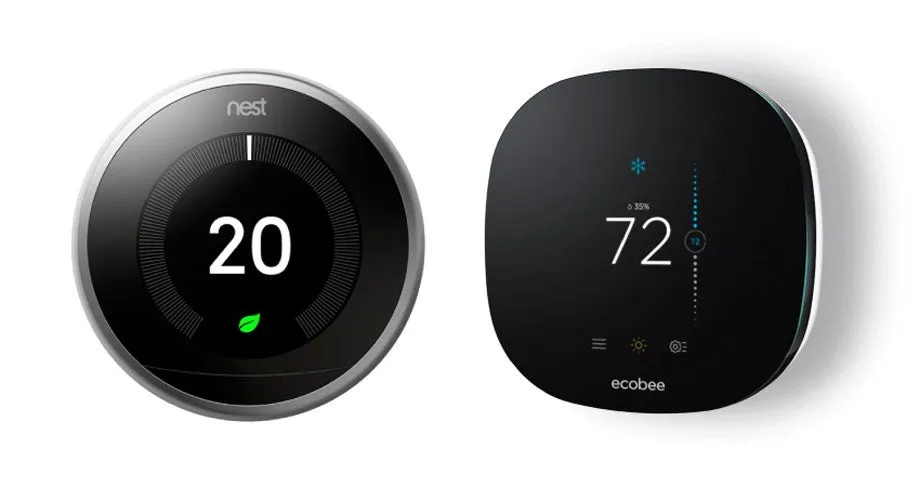
The whole idea of the new agreement is to make it easier and more affordable to adopt rooftop solar panel systems. To further make this possible, a low-income solar program was also included in the agreement to encourage everyone in North Carolina to go solar. Many are hopeful that this is a promising step towards 100% clean energy for the Carolinas.
Benefits for Current and Future PV System Owners
For current PV system owners, the new agreement will help to see improvements such as no demand charges, a new rebate through Duke Energy, regulatory and rate certainty, and monthly netting. Current owners will also see improved monthly savings as a result of these changes.
For future system owners, the opportunity to adopt a solar panel system in North Carolina has never been better. Duke energy and the other parties included are playing a huge role in helping Carolinians create clean energy by switching to solar.
8MSolar Can Help
Curious to see exactly what benefits you will receive as a new solar customer in North Carolina? Contact us today for a specific quote.
